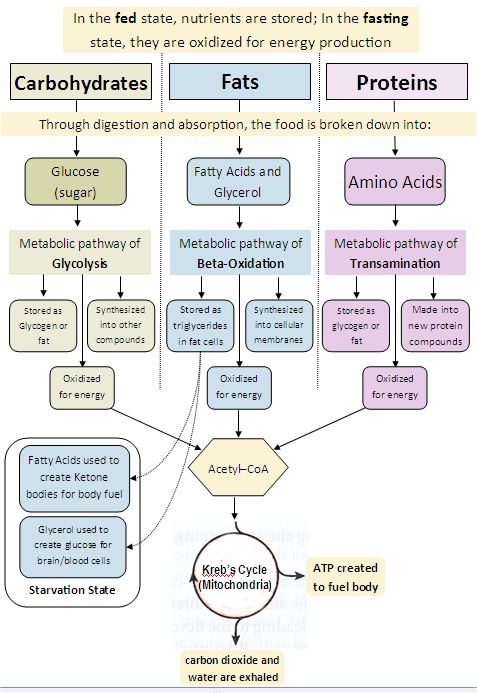DeejayR
Well-Known Member
- Messages
- 2,389
- Type of diabetes
- Treatment type
- Diet only
One thing I didn't glean from last night's BBC tv programme on fat was what happens to fat after it reaches our blood. We were shown people eating things with fat in, and then their spun blood samples with the fat separated, and then the subject went to something else. Can someone please tell me what happens to the fat in my blood, and how does my "full fat" diet affect it, bearing in mind that I'm trying to convert to fat instead of carbs for energy?
I'm looking for reassurance here.
I'm looking for reassurance here.

